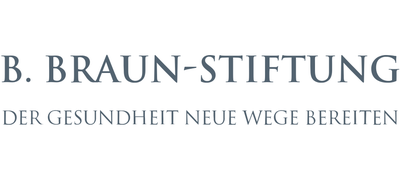Intratumoral heterogeneity of the therapeutical response to gemcitabine and metformin
Keywords: pancreatic adenocarcinoma, chemotherapy, syngeneic orthotopic cancer model, microenvironment, pH Blot
Hauptforschende*r
Dr. Dietmar Zechner
Forschungsinstitut
Universitätsmedizin Rostock
Abstract
Cancer heterogeneity and microenvironmental aspects within a tumor are considered key factors influencing resistance of carcinoma cells to distinct chemotherapeutical agents. We evaluated a high concentration of metformin in combination with gemcitabine on a syngeneic orthotopic mouse model using 6606PDA cells. We observed reduced tumor size and reduced cancer cell proliferation after three weeks of chemotherapy with either compound and noticed an additive effect between gemcitabine and metformin on tumor weight. Interestingly, distinct areas of the carcinoma responded differently to either compound. Metformin inhibited the proliferation of cancer cells close to the desmoplastic reaction, whereas gemcitabine inhibited the proliferation of cancer cells mainly 360–570 μm distant to the desmoplastic reaction. Indeed, co-culture of pancreatic stellate cells with 6606PDA, 7265PDA or MIA PaCa-2 cells increased gemcitabine resistance. Metformin resistance, however, was increased by high glucose concentration in the medium. Other factors such as hypoxia or the pH of the medium had no influence on gemcitabine or metformin induced inhibition of cancer cell proliferation. These data demonstrate a spatial heterogeneity in drug resistance within pancreatic adenocarcinomas and that microenvironmental aspects such as supply of glucose and the presence of pancreatic stellate cells regulate cancer cell sensitivity towards metformin or gemcitabine.
Fördersumme
20.000 Euro (2015)
